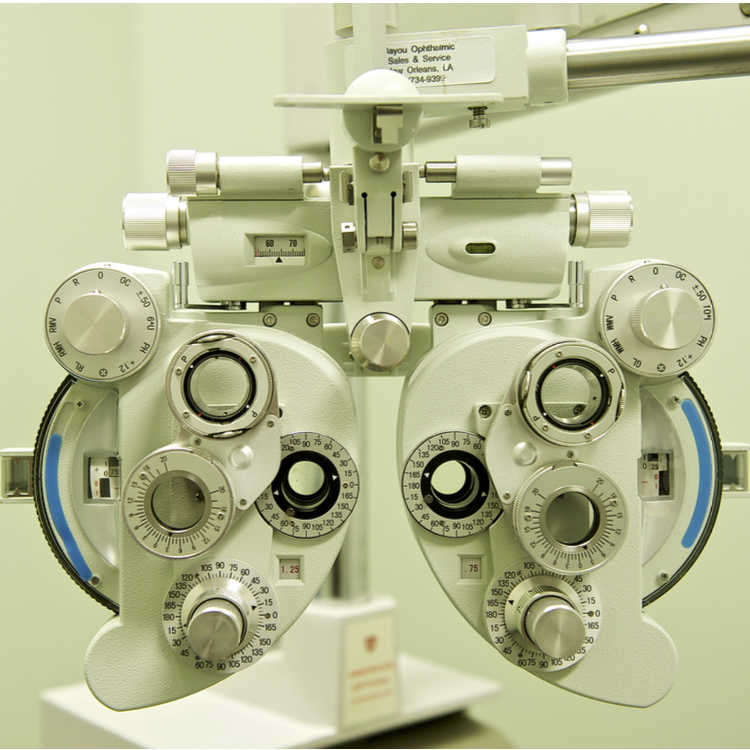Myopia Control
Myopia (or nearsightedness) is more than just an inconvenient affliction—it also increases the risk of serious eye diseases such as glaucoma, cataracts, myopic macular degeneration, and retinal detachments.
Fortunately, when myopia is diagnosed in children, there are several methods that can be employed to slow the progression of nearsightedness including:
- Diluted atropine eye drops
- Multifocal contact lenses
- Orthokeratology contact lenses
- Executive bifocal glasses
It is predicted that 50% of the population will have myopia by the year 2050, which is precisely why our doctors employ state-of-the-art technology and undergo ongoing training to stay abreast of any new developments in the field.

Orthokeratology
Orthokeratology (Ortho K) contact lenses are great for preventing the progression of myopia (nearsightedness) in children. They work by temporarily reshaping the cornea so the patient is able to see well after taking them out—reducing the need for LASIK surgery in adulthood.





Misight
Misight treatment consists of daily disposable contact lenses that assist in slowing the progression of myopia. They are FDA-approved, child-friendly, and clinically proven to slow the progression of child nearsightedness. .





Lifestyle & Outdoor Activity
The increased prevalence of technology in the lives of children is considered to be a contributing factor in the rise of myopia cases. As a result, one of the most effective preventative measures for myopia is time spent outdoors. In fact, research suggests that children who spend a few hours outdoors per day are four times less likely to develop myopia.





Atropine
Diluted atropine in the form of eye drops have proven to be a highly effective treatment in regard to slowing the progression of childhood nearsightedness.



Contact Info
5511 Cameron Street
Scott, LA 70583
Phone (Call or Text): 337-704-2260
Fax: 337-706-8172
Email: scotteyecare@gmail.com
Contact Us
